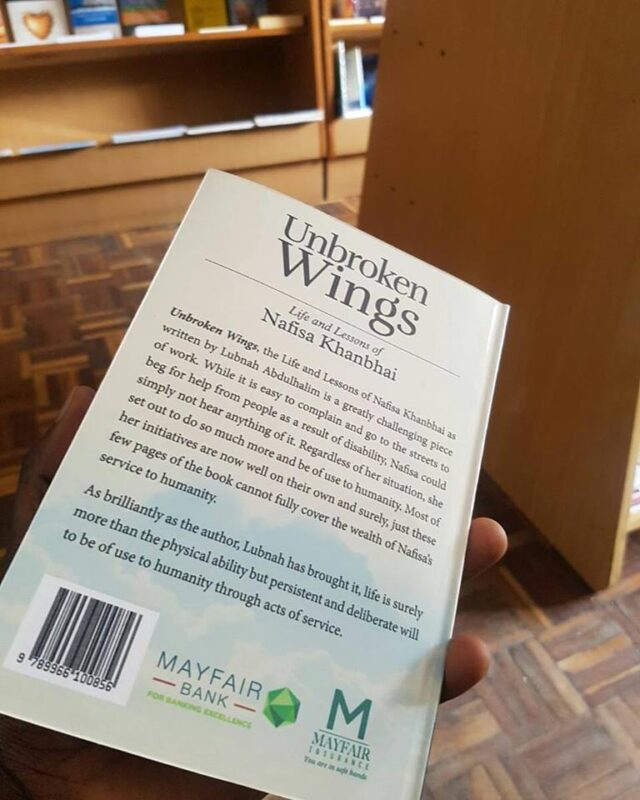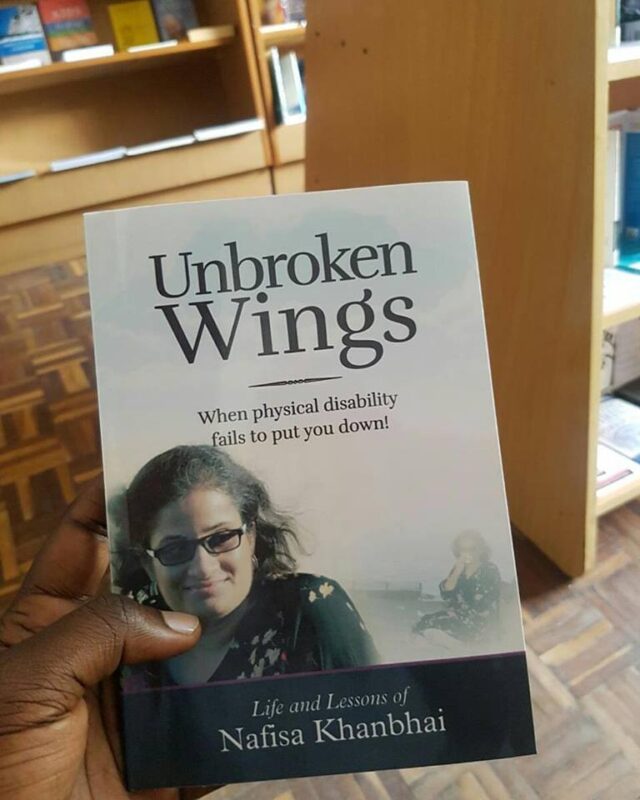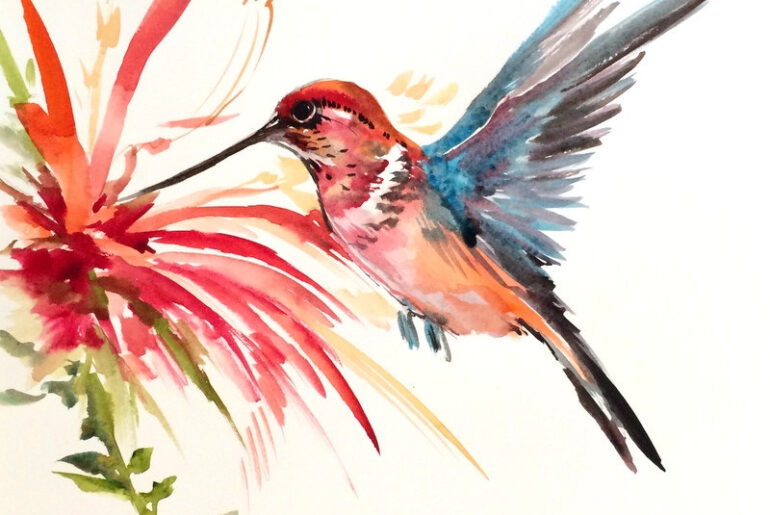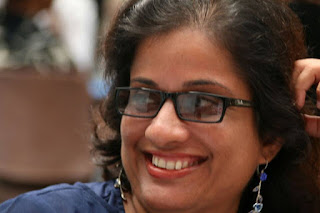Photo Courtesy: https://pixabay.com
“You have to give a speech.”
First of all, I have anxiety.
And you know people think anxiety is a joke. This thing is real. I mean how do you explain how I poured myself hot water instead of tea for breakfast, how I almost served my brother with hot chilli instead of stew, how I made my entire family search for my lost cash that was just in my wallet even though I had rechecked almost ten times for the same money. Miscalculations, don’t blame me. Anxiety makes me forget passwords. On this day, somehow my watch was even one hour ahead which had me up and in town one hour earlier. I call two friends, my best friend tells me, ‘Woman relax. It’s not yet time.’ and another says,’Are you the one putting up the tents?’ All that for just a speech. Thank God I wasn’t born in a war-torn zone. We all know how that would have gone down.
For me, giving a speech is like making me in-charge of setting out a drone. It is pushing me off the cliff. It is asking me to confront a terrorist which in this case would be my anxiety. My best friend says I have to get out of my comfort zone. So I did give the speech after all. It was hilarious; okay maybe not exactly but I ashamed myself by breaking down in front of the tired crowd who had just returned from the ‘world Polio Day’ walk. I could hear them clapping for me perhaps pitying this small human in front of them or perhaps some could understand what it means to have your book published. I didn’t invite anyone because I wasn’t sure how friendly my anxiety would be that day. So y’all please save me the blame 🙂
KE Gif Ge 468X60
Nine years ago, at the age of fourteen when I started writing my first small book, I never thought this day would come. It has been a very long journey of repeated failure on my writing career. It was filled with criticisms and ‘not good enough’ statements over and over again. So when Nafisa (God bless her soul for this) trusted my ability and allowed me to write her story, I was moved. Of course it wasn’t the first book I expected to publish and perhaps its not my best work yet, it is a milestone for me alhamdulilah. And I keep sharing bits of my story on failure and triumph so that no one could ever think that achieving goals was ever going to be easy. Sometimes you’ll be pushed out of your comfort zone and you somehow have to learn how to do it well enough.
I wouldn’t be here hadn’t it been for God’s grace, for my own persistence, for the tremendous support from my family especially, from my close friends, for mama two; my mentor (may Allah rest her soul in peace), those who helped me a lot editing the pieces and all the readers who give me a reason to write every other day. This is me admitting that I am not yet where I want to be and that I won’t stop here. That i’ll keep pushing myself to face my fears and tackle them. Better things to come in shaa Allah.
I’ll also like to thank Mayfair Bank for sponsoring the publishing of the book.
To reserve your copy kindly contact me at: 0704 731 560. The book goes at 700. For those who want to know what the book is about, kindly search here in the blog for Unbroken Wings; the first three chapters are available. I will also appreciate any opinions and positive criticisms on the book once you’ve had your copy.
God bless you.
I present to you: Unbroken Wings






